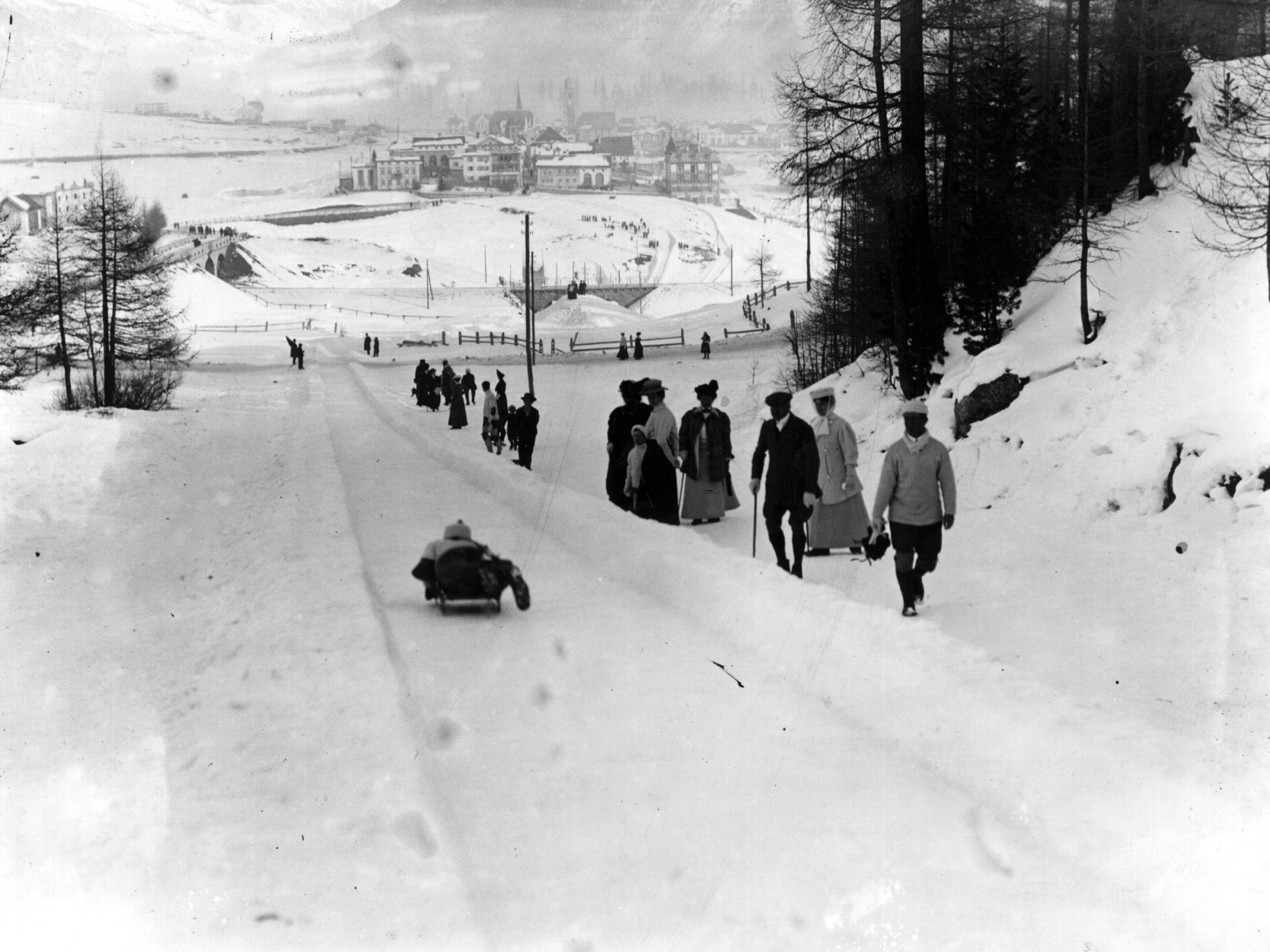
The Cresta Run toboggan track in Switzerland has voted to overturn an 89-year ban on women racing its course.
While female competitors were originally free to use the natural ice run for skeleton bobsleigh competitions on equal terms with the men, a prohibition was introduced in 1929 on the grounds that it was not “medically safe” for them to continue.
The course is intended to be run lying on one’s front and and the St Moritz Tobogganing Club came to the bizarre conclusion women might encourage the onset of breast cancer if they participated, according to Michael Seth-Smith's history of the club The Cresta Run (1976).
But after the best part of a century this unscientific ruling has been overturned, with two-thirds of the club's members voting in favour of repeal.
The Swiss town has long been known as a centre for winter sports and by the 1870s was overrun by holidaying ladies and gentleman riding rickety but steerable homemade sledges.

In 1884, resort proprietor Caspar Badrutt commissioned the construction of a 0.75-mile natural ice chute outside of his Kulm Hotel to bring some order to the slopes and keep tobogganers from using Cresta’s roads, to which many were attracted because of the high speeds they could attain shooting across the frozen surface.
Three years later, British military officers William Henry Bulpett, George Robertson, Charles Digby Jones, C Metcalfe and J Biddulph - who had popularised the head-first style of sledging, as opposed to the feet-first approach of luge - formed the aforementioned club to oversee access to the run’s twisting half-pipe course.
Every winter since, the run has been rebuilt from scratch, its path carved downhill through a narrow valley leading to Celerina.

It has twice been featured in the Olympic Games: in 1928 and 1948.
In total, the Cresta represents a 514ft drop in altitude, with two-rail sledges typically hitting maximum speeds of 85mph. Its banked curves, given descriptive names like “the horseshoe” and “the shuttlecock”, have flipped many an experienced sledder. Five people have been killed on the ice since the late 19th century, most recently in March 2017.
The current record-holder for speed is Irishman Lord Clifton Wrottesley, who cleared the track in 49.92 seconds in 2015.
Prior to the ban on women being introduced in the 1920s, Vera Barclay, a champion of girls joining the English Scouting movement, was among the course’s notable riders, completing it perfectly safely in 1916.







